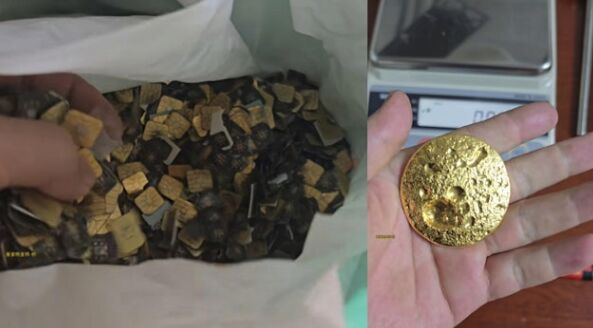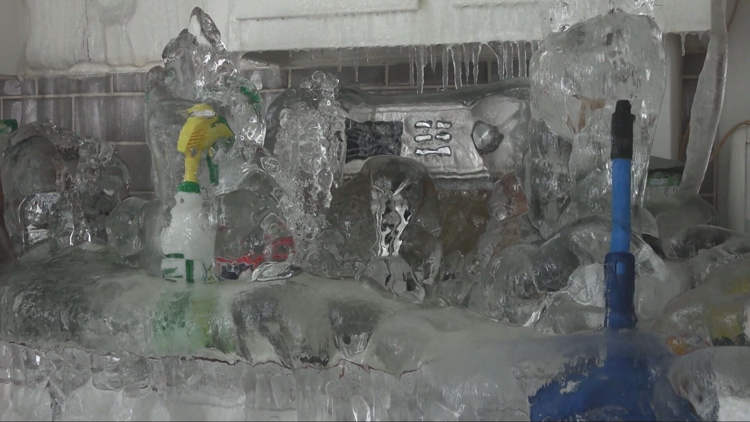Self-help gurus have been telling us about the power of positive thinking for years. Now, the results of an experiment might just prove that they were right all along. Dr. Masaru Emoto, a researcher and alternative healer from Japan, has researched the effects of positive and negative thoughts on materials such as water and cooked rice. The results are pretty amazing.
Dr. Emoto shot to international fame in 2004, when he was featured in the documentary film What the Bleep Do We Know. In that film, he demonstrated through experiments that human thoughts and intentions could cause a great deal of change to the molecular structure of water. His discovery was path breaking, given the fact that human bodies are made of almost 70 percent water.
Now, Emoto is in the news again for a similar experiment, conducted with cooked grains of rice. He placed portions of the rice in two containers – one labelled ‘thank you’ and the other, ‘you fool’. He then instructed school children to read the labels out loud every time they passed by them during the day. After 30 days, the container with the positive thoughts had its rice almost intact, while the other one had moldy and rotten rice.
For his previous experiment with water, Emoto had arranged for a group of 2,000 people in Tokyo to focus positive intentions towards water samples that were placed inside an electromagnetically shielded room in California. The ‘before’ and ‘after’ photographs of the frozen water molecules were simply astounding. While the former were haphazard and had no structure, the latter had formed beautiful patterns.
Critics of Emoto’s work have pointed out that the capturing and selection of photographs may have been biased. In reply, he said: “This is one of the most difficult areas to clarify. However, from continuing these experiments we have come to the conclusion that the water is reacting to the actual words. For example, for our trip to Europe we tried using the words ‘thank you’ and ‘you fool’ in German. The photographers on our team did not understand German and yet we were able to obtain exactly the same kind of results.”
Emoto also said that the crystalline structure of water, called clusters, break whenever negative language is used. Using positive, beautiful words creates small, tight clusters which generally last longer.
In another version of the rice experiment, Emoto had three beakers of cooked rice. He said ‘thank you’ to one, ‘you’re an idiot’ to the second, and completely ignored the third. After a month, the rice that was thanked began to ferment with a strong, pleasant aroma. The insulted rice turned black, while the ignored rice began to rot.
It’s hard to say if Emoto’s research is actually scientific in nature, but it looks like he’s really on to something here. Perhaps we ought to say nice things to our food every day to keep it fresh. Now why didn’t the guy who invented refrigerators think of that?















